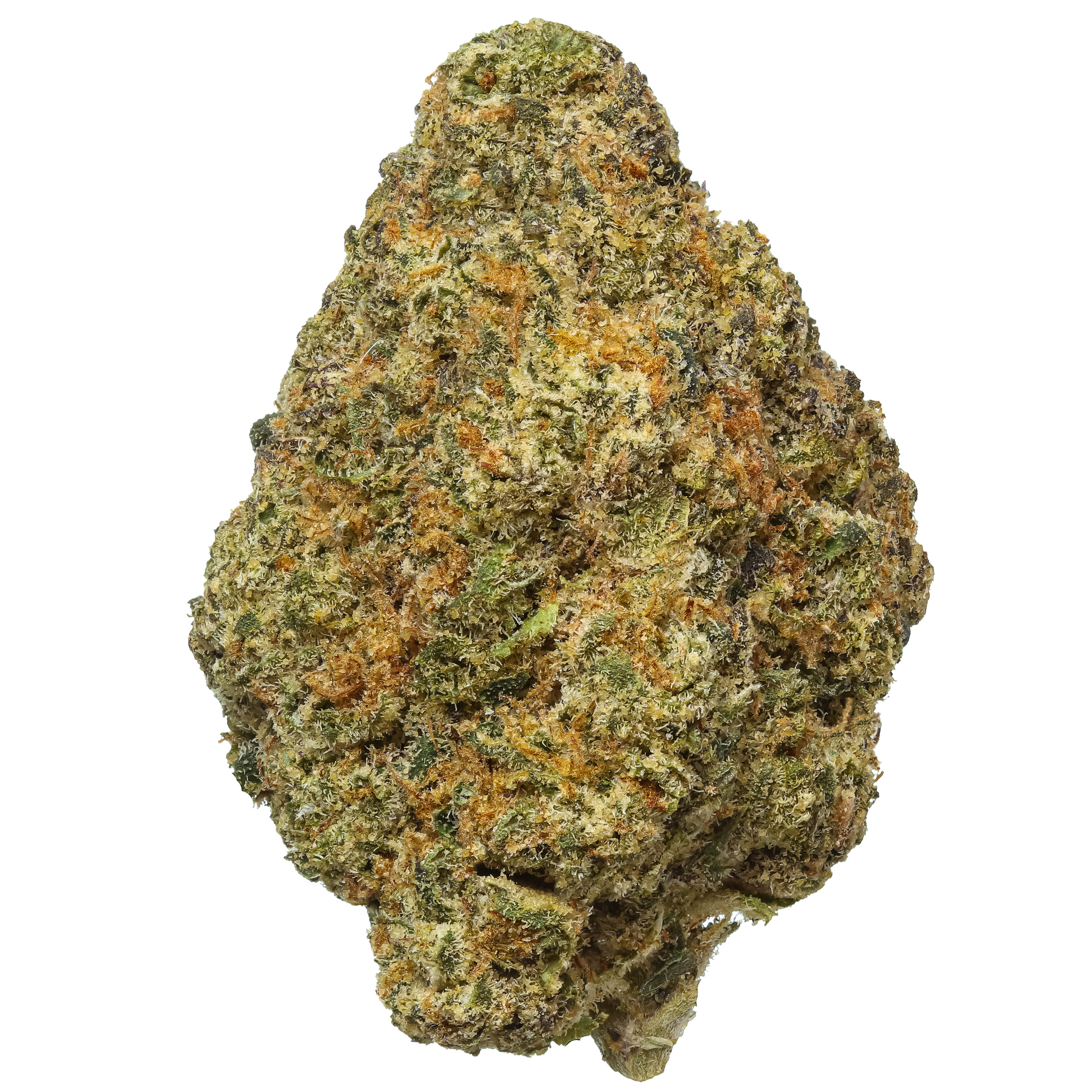How THCA is Transforming Pain Management in Houston

Houston, a city at the forefront of medical innovation, is witnessing a transformative shift in pain management with the emergence of THCA (tetrahydrocannabinolic acid). This cannabinoid, found in raw cannabis before decarboxylation, offers promising potential in alleviating pain and improving quality of life for many residents. This article explores the role of THCA Houston in pain management, its benefits, and its impact on healthcare practices in Houston.
Understanding THCA: Non-Psychoactive and Therapeutic Properties
THCA is a non-psychoactive cannabinoid present in raw cannabis plants. Unlike THC (tetrahydrocannabinol), which induces psychoactive effects upon heating, THCA remains non-intoxicating in its raw form. This characteristic makes THCA an appealing option for individuals seeking pain relief without the mind-altering effects associated with cannabis consumption.
Mechanisms of Pain Relief
Research indicates that THCA may exert its pain-relieving effects through several mechanisms:
• Anti-Inflammatory Properties: THCA exhibits anti-inflammatory effects, which can help reduce pain associated with inflammation-related conditions such as arthritis and inflammatory bowel diseases.
• Neuroprotective Benefits: Studies suggest that THCA may protect nerve cells from damage, potentially reducing pain sensitivity in neurological conditions like neuropathy and multiple sclerosis.
• Muscle Relaxation: THCA has shown potential in promoting muscle relaxation, which can alleviate pain caused by muscle spasms and tension.
Integrative Approach to Pain Management
THCA complements Houston’s integrative approach to pain management by offering a natural alternative to conventional treatments. Many residents are integrating THCA into their pain management regimens, benefiting from its potential to mitigate pain symptoms while minimizing side effects commonly associated with pharmaceutical medications.
Patient-Centered Care and Education
Dispensaries and healthcare providers in Houston play a crucial role in supporting patient-centered care and education regarding THCA. They provide personalized guidance on product selection, dosage, and administration methods based on individual health needs and preferences. Education initiatives inform patients about the therapeutic potential of THCA, empowering them to make informed decisions regarding their pain management strategies.
Safety and Regulatory Considerations
The regulatory framework governing cannabis and its derivatives, including THCA, ensures safety, quality, and legal compliance in Houston. Dispensaries adhere to strict regulations regarding cultivation, distribution, and consumption practices, ensuring that THCA products meet rigorous standards for purity and potency. This regulatory oversight promotes consumer confidence and supports the responsible use of THCA as part of pain management protocols.
Community Impact and Support
THCA’s integration into pain management practices is enhancing the quality of life for many Houston residents. Community engagement initiatives, such as educational seminars and support groups, foster dialogue and knowledge exchange among individuals interested in exploring alternative pain relief options. These initiatives create a supportive environment that encourages collaboration between patients, healthcare providers, and advocates for improved pain management solutions.
Conclusion
THCA represents a promising advancement in pain management for Houston residents seeking effective and natural alternatives to traditional therapies. With its non-psychoactive nature, therapeutic properties, and growing acceptance within the healthcare community, THCA is reshaping how pain is managed and treated in the city. Houston’s commitment to innovative healthcare solutions underscores its role as a leader in integrating cannabis-based therapies into mainstream medical practices, ultimately enhancing the well-being and quality of life for individuals managing chronic pain.